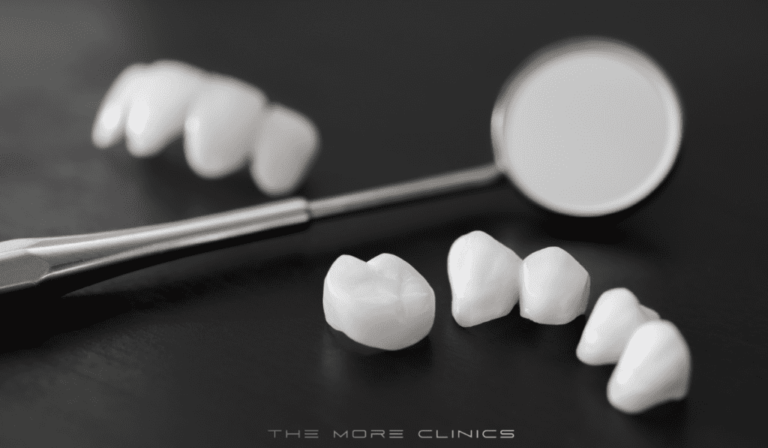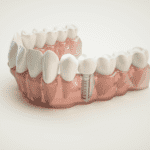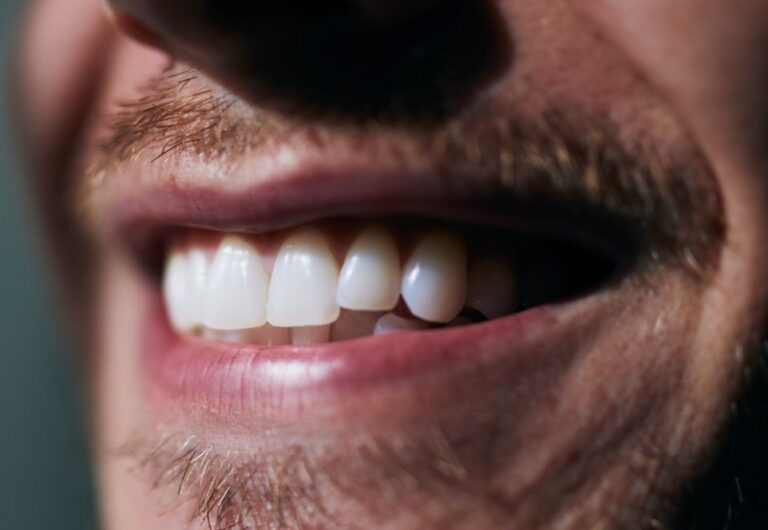Sedation Dentistry: A Calming Experience
Millions of people struggle with fear and anxiety surrounding their oral and dental health care, but thankfully, sedation dentistry can provide a calming solution to put your mind at ease. In this guide you will learn all about sedation options at dentist from iv sedation to full sedation.

What is Sedation Dentistry and How Does it Work ?
The term “sedation” can refer to a variety of medications and techniques used to provide a calming effect.
Sedation dentistry involves using medication to help patients relax during dental procedures. There are different levels of sedation, ranging from mild relaxation to deep sedation. The medication can be administered in a variety of ways, such as orally, intravenously (iv sedation), or with inhalation.
Sedation dentistry is commonly used for patients who experience anxiety or fear during dental procedures, have a low pain threshold, or require multiple procedures at once.
Sedation Medications
The medications used for sedation dentistry can vary, and the type of medication used will depend on the specific needs of each patient and depend on the Specialist Doctor. Commonly used medications include nitrous oxide (also known as laughing gas), benzodiazepines, and anti-anxiety drugs.
Who is responsible for administering the sedation?
Sedation is typically administered by an anesthesiologist (Anesthesiology and Reanimation Specialist in Turkey) or a nurse anesthetist under the supervision of a medical doctor. These healthcare professionals have the necessary training and expertise to ensure the safety and comfort of the patient throughout the procedure.
Benefits of Sedation Dentistry
Visiting the dentist can be a nerve-wracking experience for many. Thankfully, sedation dentistry offers a solution, easing those fears and making dental visits more manageable. This method is not only safe and effective but also comes with a plethora of benefits:
- Alleviating dental anxiety: Sedation dentistry allows patients to receive treatment without feeling anxious or tense, making the overall experience more pleasant.
- Reducing discomfort: Sedation can help to significantly decrease any discomfort experienced during dental procedures.
- Alleviating pain: For more invasive dental work, sedation dentistry can help manage and reduce pain.
- Reducing time spent in the dental chair: With sedation, more extensive dental work can often be completed in one session, reducing the need for multiple appointments.
What to Expect During Your Dental Treatment
During your sedation, you can expect to feel deeply relaxed and comfortable. You may not even remember the procedure afterwards. With sedation dentistry, you can experience a stress-free dental appointment and achieve the healthy smile you deserve.

Preparing for Sedation: Safety Measures
Although sedation is a safe and effective method for managing dental anxiety, there are some important guidelines and safety measures that must be followed.
Before you receive any type of sedation, it’s important to provide your dentist with a complete medical history, including allergies and medications you may be taking. It’s also essential to let the dentist know if you have preexisting medical conditions or if you’ve experienced any side effects from previous sedatives. Finally, make sure to follow all instructions given by your dentist before and after the procedure for an optimal experience.
Sedation for Pediatric Patients
For many kids, a trip to the dentist can be a scary and anxiety-inducing experience. Fortunately, sedation dentistry can help alleviate some of those fears and make dental appointments much more manageable.
Sedation dentistry involves the use of safe, gentle sedation techniques to help children relax and feel more comfortable during their visit. This not only ensures a positive dental experience for the child, but it also allows the dentist to complete their work quickly and efficiently.
Deep Sedation for Extended Dental Care
For more complex and lengthy procedures, deep sedation is sometimes necessary. Dental Implant Surgeries and Smile Makeovers are two of them. During this type of sedation, patients are put in a deeply relaxed state while they receive their dental care.

Finding a Trusted Sedation Dentist
A professional who is experienced in this type of treatment and has a good reputation is essential. It’s also important to check that the is licensed and certified, as well as up-to-date on their training. Taking the time to find a qualified and experienced sedation dentist can help ensure that you receive proper care and attention needed for successful experience.
Questions to Ask Your Dentist
Before beginning treatment with sedation dentistry, it’s important to discuss your options and treatment plan with your dentist. There are several questions you may want to ask in order to ensure that the process is safe and successful.
What type of sedation will be used? How long will the procedure take?
Will I need someone to drive me home afterwards?
Are there any risks or complications associated with sedation dentistry?
Taking the time to discuss these questions beforehand can help to ensure that you are comfortable and relaxed during your treatment.
Last Words from the More Clinics
Ultimately, sedation dentistry offers the necessary care and safety for patients who have dental anxiety or specific characteristics that make traditional treatments difficult. More advanced treatments can also be completed with the added peace of mind and relaxation given by sedative medications that are administered during the procedure.
The More Clinics Turkey offering Sedation Dentistry for all Dental Treatments since many years. If you would like more information on sedation dentistry, do not hesitate to contact us today and let us schedule your Free Consultation!
GET A FREE CONSULTATION!
Let’s Start Planning Your Treatment %100 Guarantee Results.

Written by The More Editorial Team and Medically Reviewed by Mehmet Can Kılınçaslan who specialized on Periodontology and Implantology






